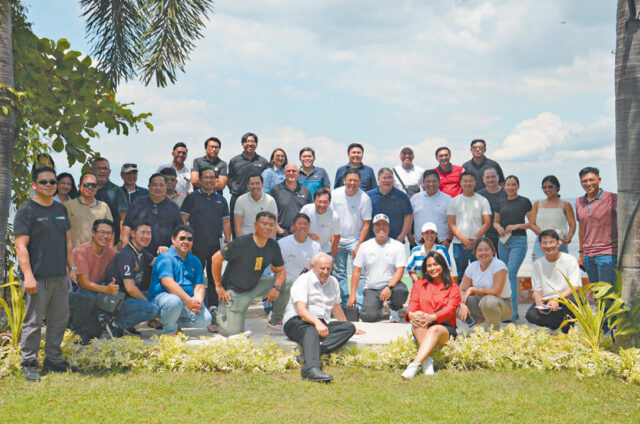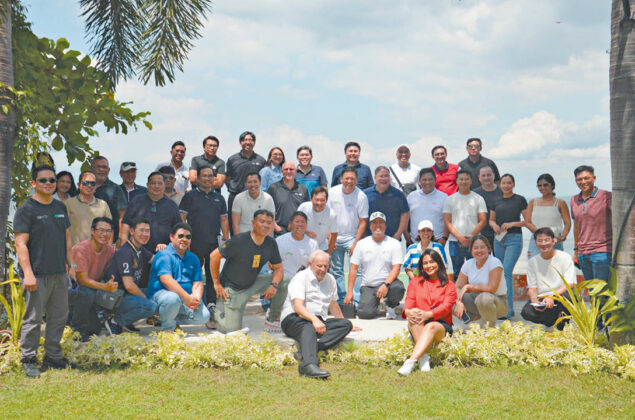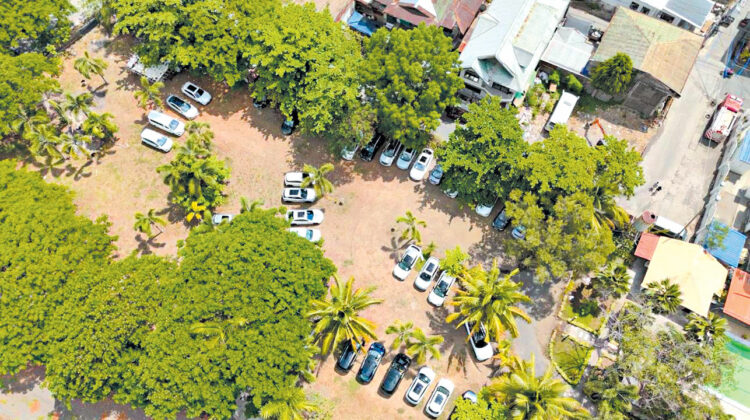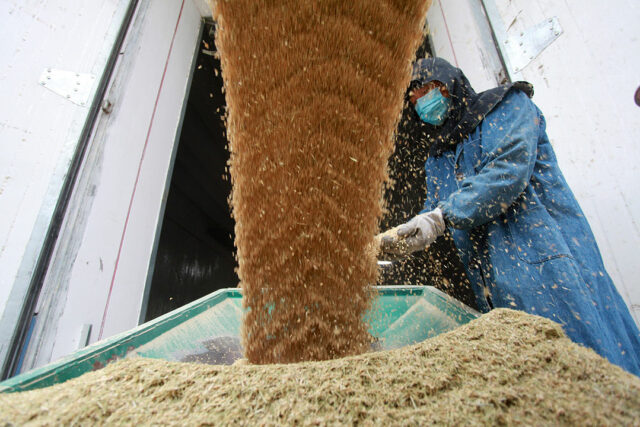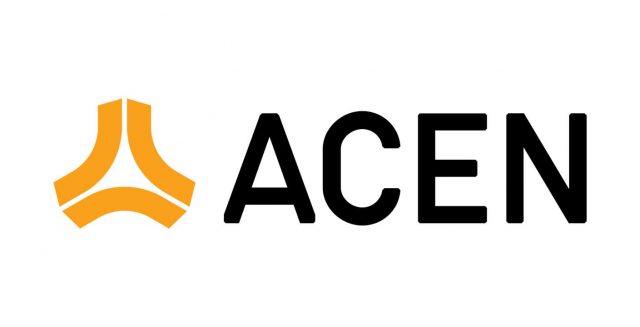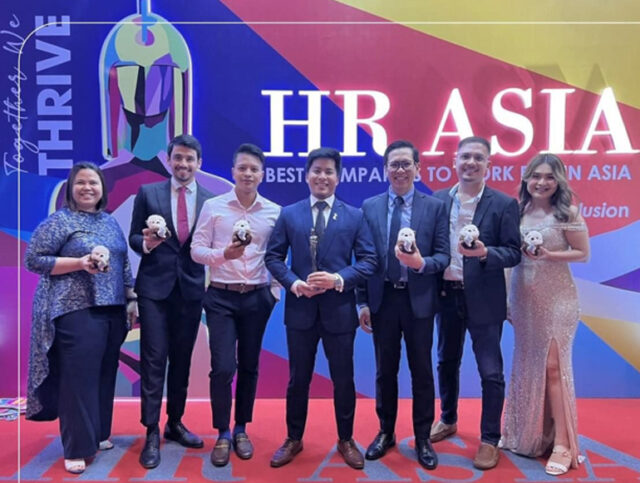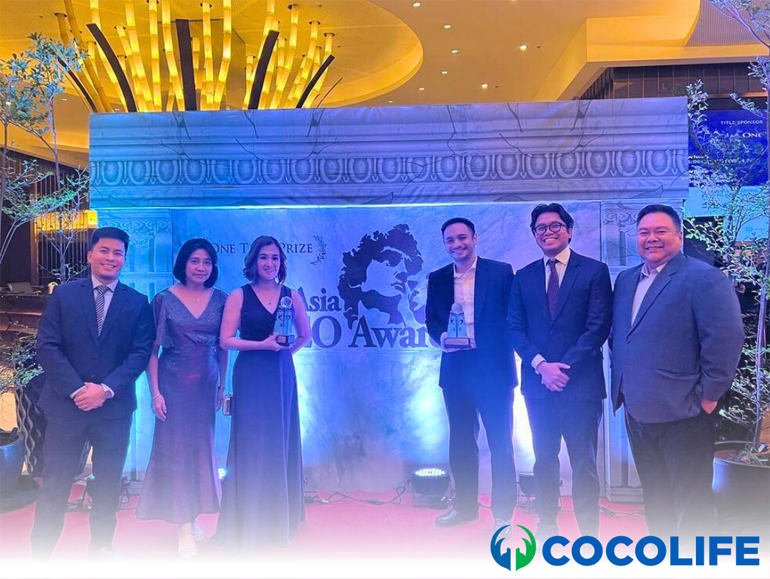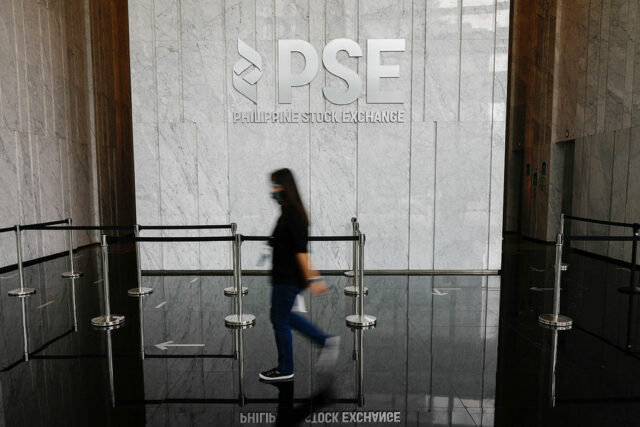THE VIBRANT Philippine startup ecosystem demonstrated resilient performance in 2023, raising $956 million in funds despite strong global headwinds.
While this figure represents a modest 14% dip year on year in deal value from 2022, it compares favorably to the 62% year-on-year decline the Global Private Capital Association assessed across the wider Southeast Asia region.
With 96 deals completed, the Philippines also hit a record high in deal volume in 2023, a 16% year-on-year increase from 83 deals in 2022. This buoyant ecosystem is outlined in Boston Consulting Group’s (BCG) latest report, “Philippines Venture Capital Report 2024,” created in partnership with Foxmont Capital Partners.
Alongside growing deal volumes, there are encouraging signs of diversity, with sectors seeing interest beyond traditional e-commerce or financial technology (fintech). Emerging opportunities in business-to-business (B2B) software-as-a-service (SaaS), direct to consumer brands, health technology (healthtech), and impact/ESG reveal a maturing ecosystem with broad appeal.
The Philippines’ share of Southeast Asian funds raised also grew to 13% in 2023, almost doubling from 7% in 2022. The nation also attracted prominent regional investors such as DSG Consumer Partners, Softbank Ventures Asia, Cercano, GSR Ventures, and ACA Investments, all making maiden investments in 2023. The local startup ecosystem is undeniably on the rise.
NATIONAL ADVANTAGES PUSH GROWTH POTENTIAL
The Philippines boasts clear economic and demographic advantages that will drive further growth in a maturing startup ecosystem. The nation posted the highest growth (5.6%) in gross domestic product (GDP) of regional peers in 2023.
This growth is supported by expanding labor force participation and consumer demand, as high fertility rates push a demographic advantage. The Philippine population has the youngest median age amongst neighboring countries at just 24.5, compared against a global median of 30.3.
By 2030, the Philippines is projected to overtake the global average share of working age population, reaching two-thirds (66.2%) of the total population by 2050. This demographic dividend is a major reason why investment firm Goldman Sachs predicts the Philippines will rank among the 15 largest economies by 2075.
Digital evolution is also powering up economic potential. The Philippines has reached an inflection point in key digital transformation levers, mirroring trends observed in the past in countries like Indonesia, China, and India.
These levers include:
• Strong government support with the launch of policies such as the Ease of Doing Business Act, Revised Corporation Code, and Innovation Startup Act.
• The rise of homegrown tech giants such as fintech success stories Maya and GCash has provided champions that uplift the quality of the wider ecosystem.
• Accelerating smartphone and internet adoption is also unlocking opportunities, spurred by mass adoption during the COVID-19 pandemic. The share of digital payments, for example, increased from 10% of all payments in 2018 to 50% by 2023.
• The deepening presence of international investors frames the final opportunity in this landscape. There has been growing international interest in the Philippines’ startup ecosystem, with a transaction value exceeding $1 billion raised for the first time ever in 2021.
EVOLVING CONSUMERS MEAN AN EVOLVING ECOSYSTEM
Our report states that startup companies will need to adapt to win with customers in this vibrant, but evolving, national ecosystem. Filipino customers have their own unique characteristics that must be catered to.
These consumers are comfortable with digital activities, but prefer offline purchases, with two-thirds (64%) preferring to touch or see the products before buying. Hesitation around online purchasing is driven largely by questions over security and quality of online purchases.
Local consumers also rely heavily on personal recommendations, with 91% of Filipinos trusting word-of-mouth recommendations from friends and family.
There are already several emerging operational strategies in the e-commerce space that provide an effective template to drive purchases and engage customer loyalty.
• Social and live commerce leverages a social approach akin to personal recommendations, and benefits from the significant 3.5 hours that Filipinos spend on social media — over an hour more than the global average.
• Omnichannel approaches such as “click-and-collect” provide an effective model that combines online convenience with real-world purchase assurance.
• Direct-to-consumer (D2C) strategies are being employed in areas such as fashion, footwear, and cosmetics, providing direct access to reliable products backed by consistent user experience.
• Innovative tech tools such as machine learning (ML) and artificial intelligence (AI) are also being used to power up customer experience, delivering hyper-personalization at scale.
• Finally, rewards programs provide a trusted pathway to increase brand loyalty with exclusive member discounts and rewards.
E-commerce is not alone in evolving to meet changing customer needs. We also see signs of fintech expanding and adapting its offerings, with increasing verticalization and product expansion to offer tailored customer value propositions.
DEVELOPMENTS FROM CRADLE TO EXIT
The Philippines Venture Capital Report 2024 also demonstrates that the Philippines’ buoyant startup ecosystem has seen significant transformation over the last decade. A diverse group of venture capital firms, angel investors, incubators, accelerators, startup competitions, technology and business incubators, and support programs — both public and private-led — have emerged to support startups and catalyze the ecosystem.
The Philippine Government has thrown significant support behind startups, with the Startup Venture Fund run by the National Development Co. offering a prime example of ecosystem support which invests directly into local startups. There are already signs of entrepreneurial growth within this fertile ecosystem. New business registrations per 1,000 people grew by 55% in the decade from 2009-2019, up from 0.2 business registrations per 1,000 people to 0.31 per 1,000 people.
While many startups are still in their early stages, numerous developments are underway to support successful exits for alternative investments. Collective efforts are apparent to boost retail participation and empower startups to reach public markets.
On the policy front, the Philippines is implementing the same initiatives that have historically proven to help propel regional peers like Indonesia and Vietnam with a buoyant public capital market, such as the T+2 settlement system to enhance the settlement cycle, preferred shares-only listings, short-selling, the easing of lock-up rules, and volume weighted average price trading.
To encourage greater participation of small- and medium-sized enterprises (SMEs) in the stock market, IPO listing rules have been relaxed, overseen by the dedicated SME Board.
Further support was delivered through the Philippine Stock Exchange Listing Engagement and Assistance Program (PSE LEAP) program. This program was introduced to offer advisory and learning sessions, tools, and access to a relevant network of prospective list applicants, and has supported 76 companies to date — 70% of which are SMEs.
The Philippines’ startup ecosystem has seen encouraging development over the last decade, and the signals for future growth are positive. The outlook remains a continuously thriving ecosystem bolstered by an increasing number of players and expanding policy support, creating an energized startup landscape.
Anthony Oundjian is the managing director and senior partner of the Boston Consulting Group while Bea Mantecon is director, Value Creation at Foxmont Capital Partners.
 THE POPULAR annual runway show from Victoria’s Secret, featuring supermodels with jewel-encrusted bras and angel wings, will be back this fall season after a gap of nearly six years.
THE POPULAR annual runway show from Victoria’s Secret, featuring supermodels with jewel-encrusted bras and angel wings, will be back this fall season after a gap of nearly six years.


